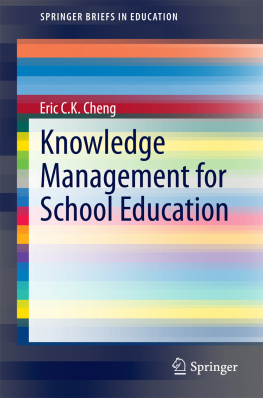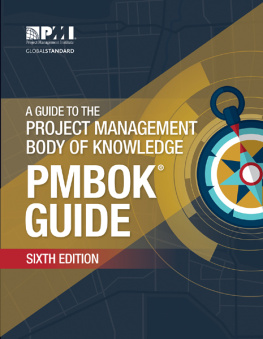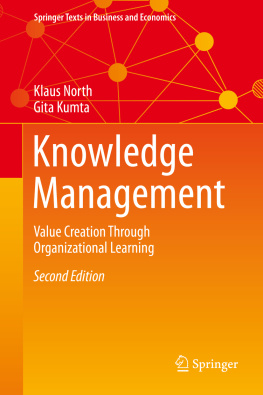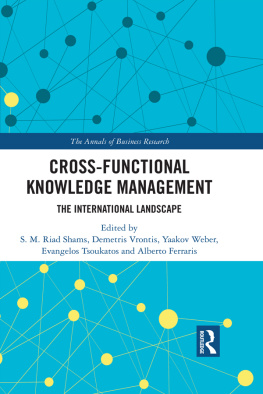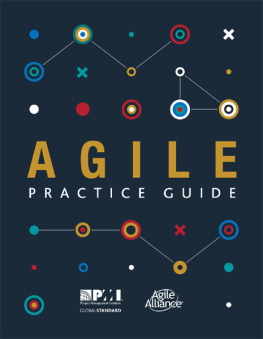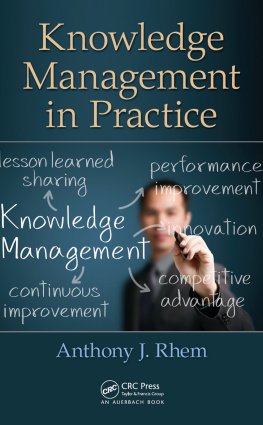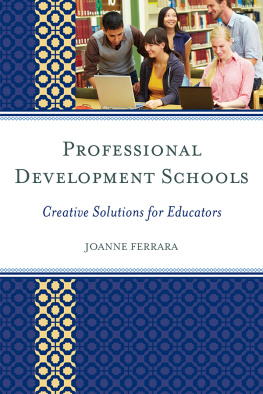1.1 The Impacts of Knowledge Expansion
Organisations must rely on knowledge to create a strategic advantage for sustainable development in the current trend towards globalisation and competition. For example, the external environment of any organisation is always changing and becoming more complex. The rate of globalisation is increasing, as is the level of competition. Information technology is constantly changing and the workforce is becoming increasingly diverse. The complexity of managerial surrounding is increasing rapidly and the future bears increasingly less resemblance to the past (Drucker ). In this state of rapid change, organisations are becoming aware that technology has the potential to enhance knowledge and that this enhancement can only be realised if they have a better understanding of how knowledge is actually developed and shared.
This rapid expansion of knowledge has also dramatically influenced the level of flexibility in the work of teachers and schools. Teachers work has become less routine and more analytical and requires more collaboration. Teachers require not only data and information regarding student learning, but also individual pedagogical knowledge and teaching experience, as well as collaborative knowledge in task execution, decision making and problem solving. Knowledge expansion forces schools to gain a better understanding of what they need to know and how to obtain that knowledge in order to survive. Schools are expected to develop student learning capacity to support the knowledge society within the competitive global economy, to interact with the education policy environment, and to know how to leverage pedagogical knowledge (Cheng , p. 577). However, it is not easy for schools to access the highest quality knowledge and expertise that is available for future development. Schools focus on managing knowledge so as to create value and are looking for best teaching practices, innovative ideas, creative collaborations and streamlined processes for making effective use of knowledge. It is important to help schools and teachers manage their knowledge and learn to cope with change. Thus, the issue of how to help schools use their existing knowledge to create new ideas and new knowledge is a critical research issue to be addressed.
1.2 The Challenges from Education Policies
Schools in Hong Kong have long encountered a variety of impacts and challenges in terms of sustainable development under many education and curriculum reforms undertaken to satisfy the needs of human resources of the knowledge society (Cheng ). The SMI was a school-based management model that gave schools greater control over their finance and administration and made them more accountable to the public. In 1997, the SMI was modified to become School Based Management (SBM), and schools were not required to adopt this system. In order to encourage more schools to participate, the former Education Department made further changes to the policy in September 2000, providing extra grants and more flexibility.
In 1997, the Education Bureau (EdB) issued the Education Commission Report No. 7 (Education Commission ).
Also, in 2010, a new senior secondary curriculum was implemented in secondary schools to improve student learning. Schools have struggled with implementing this new curriculum, which reduces the number of years of secondary education from seven to six. Taken together, the curriculum reform and reduction in student numbers constitute a concrete threat to the sustainability of a school.
1.2.1 The Knowledge Gap for Self-evaluation and Planning
The quality assurance policy requires schools to collect data and information for self-evaluation and strategic planning according to the aims of school development (Cheng ).
Effective SSE is characterised by teacher participation in decision making to review, analyse and discuss the collected data and information. However, many schools do not have a culture of teacher participation, and teachers often distrust how data is used. Many teachers consider the manipulation of data in their teaching activities as a job review for accountability rather than development, and therefore they do not trust any data collection processes related to their work (Petrides ). In addition, there is lack of qualified staff to conduct data analysis for school self-evaluation. Information collection and analysis is often isolated and not clearly related to the mission of the organisation, which makes it difficult to produce reliable information for formulating an effective strategic plan. As a result, many schools lack a data-driven strategic plan.
Under the competitive environment created by the quality assurance policy, stakeholders must become more demanding in order to survive, and schools must perform better than their competition by improving their understanding of student needs and capabilities. Accountability for student attainment guides the school curriculum toward public examination. Evaluation of the effectiveness of teaching and learning in school becomes data driven and evidence based. Assessment for learning becomes the key aspect of accountability for improving school education. Schools should therefore have the competencies to conduct valid and reliable assessments and statistical analyses to determine whether the students achievement meets the national standards (Petrides and Guiney ). Actually, student assessment is a knowledge management activity that generates information on student learning progress through data mining and data analysis. There is plenty of data generated from quizzes, mid-term tests and final examinations throughout the school years for school leaders to determine the effectiveness of teaching and learning.
Having an efficient and adaptable software product such as SPSS for teachers to carry out statistical analysis is essential, but there is a knowledge gap in using the software to work out a predictive model to determine what factors affect student achievement on tests (Lamont ). Schools should acquire data-mining skills in order to better support assessment for learning.
1.2.2 The Knowledge Gap for Developing a Self-regulated Learner
One of the most important aims of education reform in Hong Kong is to promote a students ability to learn to learn (Education Commission ) suggestions include assisting students to set up specific and feasible learning goals, guiding them to choose appropriate learning strategies, helping them learn to accurately self-monitor the learning process, and promoting positive attitudes towards learning outcomes (p. 14). However, there is still a knowledge gap between what schools need to know to promote the teaching of self-regulation and what teachers actually know about developing self-regulated learners. It is important for school leaders to fill this knowledge gap.

